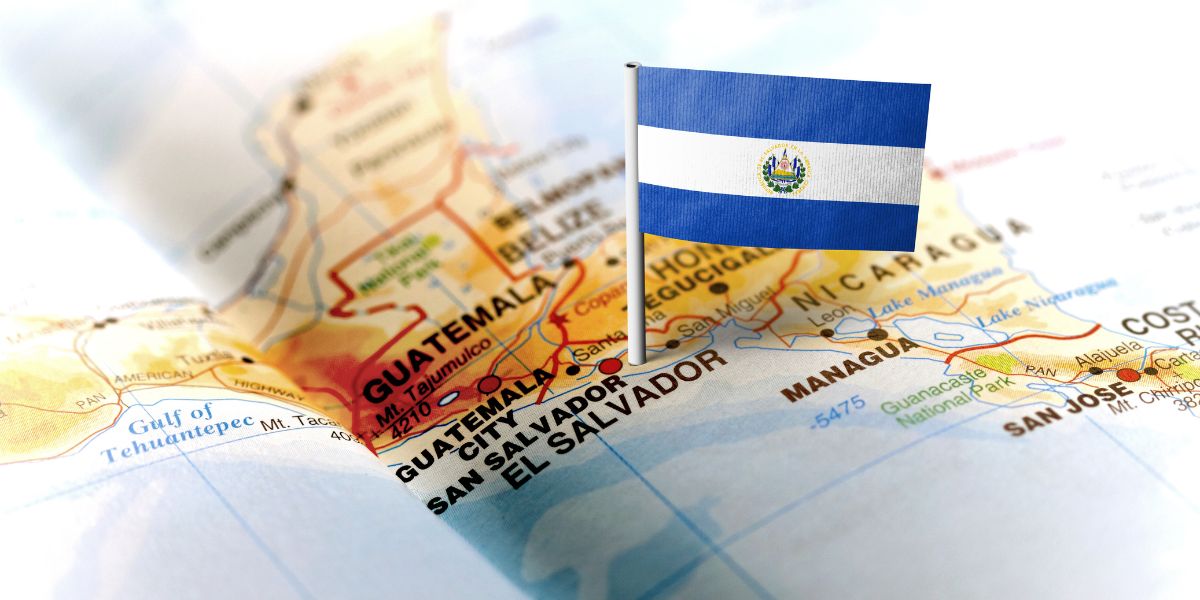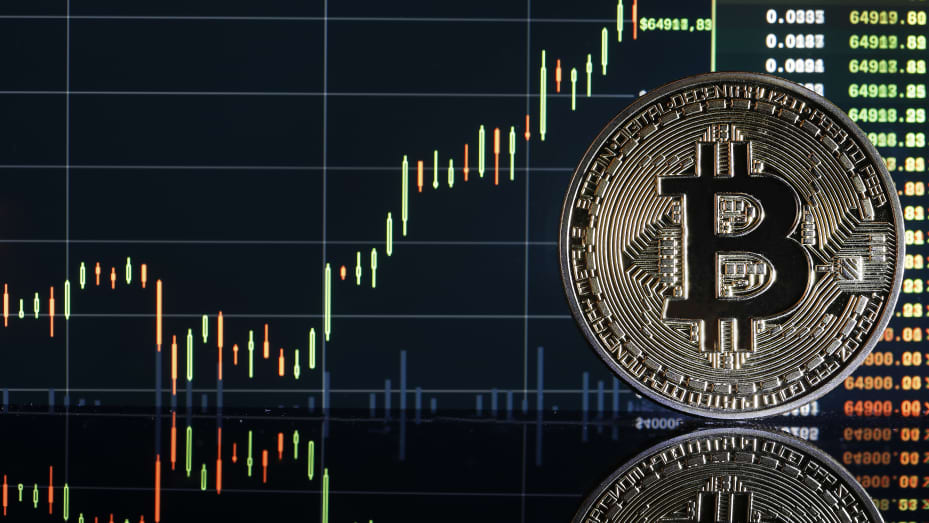
El Salvador has agreed to shift its Bitcoin strategy following a $1.4 billion loan agreement with the International Monetary Fund (IMF). As part of the deal, the country will make Bitcoin acceptance voluntary for merchants and restrict public sector involvement in Bitcoin-related activities.
Voluntary Bitcoin Acceptance for Merchants
These steps are aimed at easing the country’s debt burden while minimizing potential risks linked to Bitcoin’s volatility. The IMF has long been skeptical of El Salvador’s decision to adopt Bitcoin as legal tender, highlighting the risks associated with its speculative nature.
Under the new agreement, El Salvador will gradually unwind its involvement with Chivo, the state-backed cryptocurrency wallet. While the government’s role in Bitcoin-related transactions will be confined, the country will continue to accumulate Bitcoin. A National Bitcoin Office spokesperson confirmed that El Salvador plans to keep buying one Bitcoin per day, with no plans to sell its existing holdings. Currently, El Salvador holds around 5,969 BTC, worth approximately $602 million. Despite the shift in policy, the country’s commitment to Bitcoin remains a central part of its long-term economic strategy.
Negotiations with IMF
This change comes after a series of negotiations with the IMF, which have lasted four years. The IMF’s concerns over the country’s Bitcoin adoption have been well-documented, with the global lender fearing that the cryptocurrency’s speculative nature could expose the nation to financial instability.
As part of the new loan agreement, El Salvador is expected to focus on stabilizing its economy, which includes a reduction in its debt-to-GDP ratio. The $1.4 billion loan will be distributed over 40 months and is part of a broader financial package that will also involve additional support from other international banks, including the World Bank.
Despite the IMF’s push for a reevaluation of Bitcoin’s role in El Salvador’s economy, Bitcoin advocate and advisor Max Keiser dismissed the criticism. He argued that Bitcoin’s adoption in El Salvador had always been voluntary and that its usage continues to grow. In contrast, a recent survey revealed that the majority of Salvadorans—92%—do not use Bitcoin for transactions, further highlighting the challenges of widespread adoption.
El Salvador’s Bitcoin experiment, which started in 2021, remains a controversial topic, but with the IMF deal in place, the country’s financial strategy appears to be evolving to ensure its long-term economic stability.










